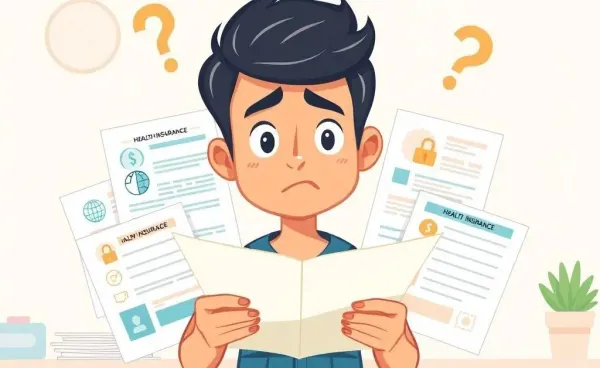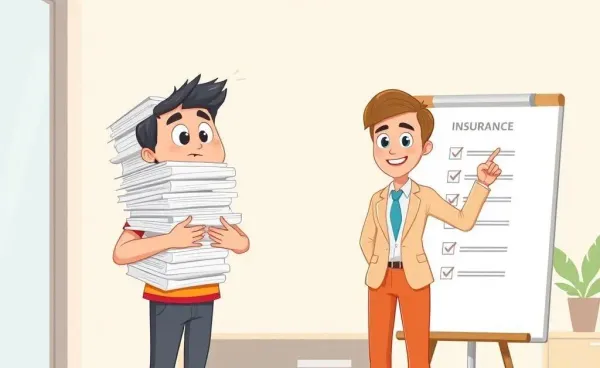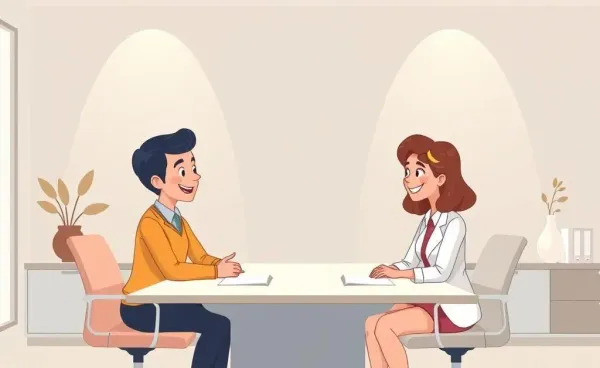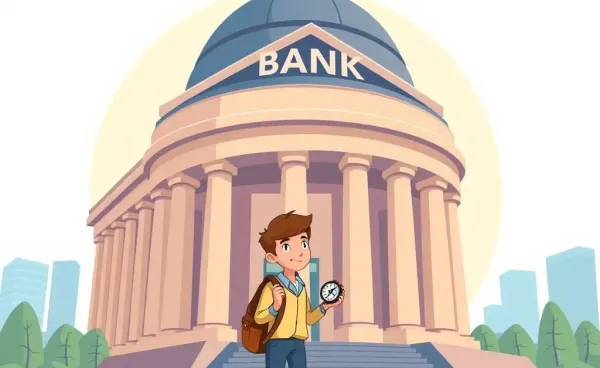Why Your Credit Score Drops When You Pay Off Debt (And What to Do About It)
Understand why credit scores can drop after paying off debt and learn how to handle it.
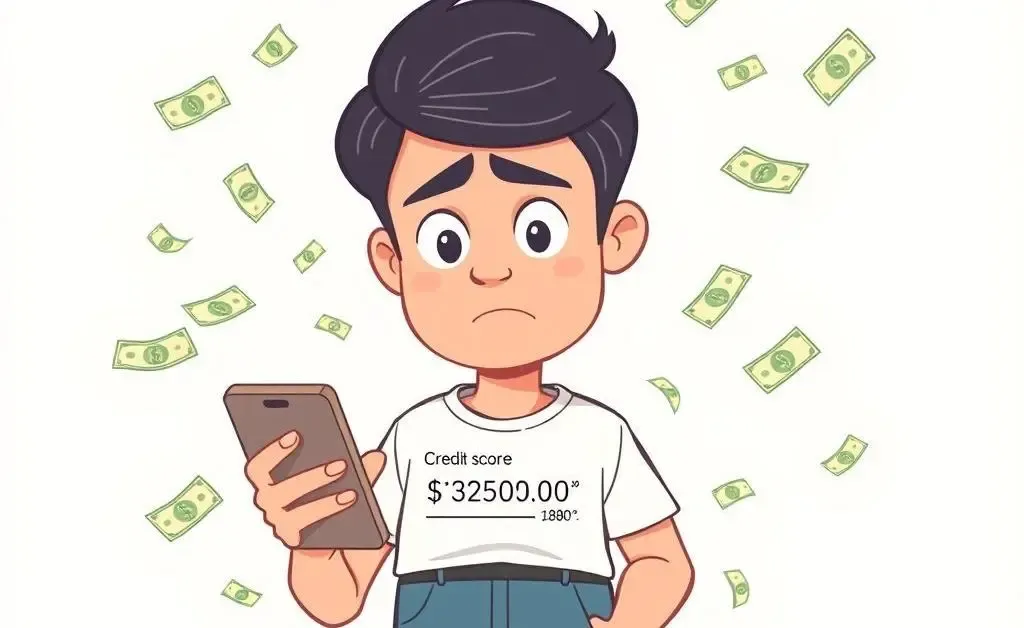
Have you ever paid off a loan or a credit card balance and then, surprisingly, found your credit score lower than before? You're not alone, and it can be quite a head-scratcher. Credit scores are complex creatures, and understanding why they sometimes dip can help you maintain a healthy financial profile.
Why Your Credit Score Might Drop After Paying Down Debt
First, let's dig into why this happens. Credit scores are determined by several factors. While paying off debt seems like a straightforward positive, the impact on your credit score depends on more than just having zero debt balances.
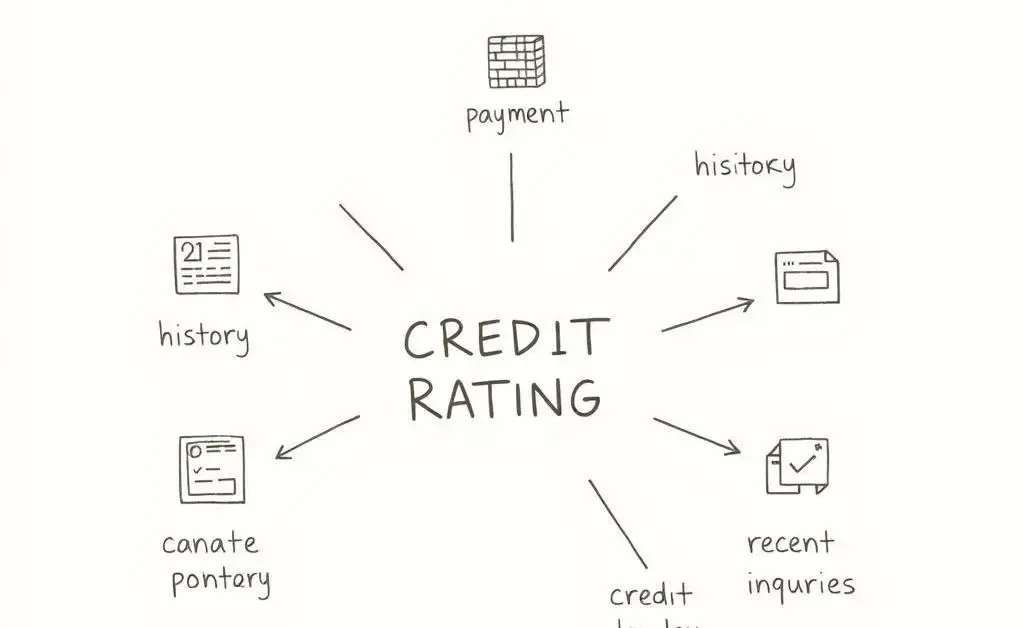
- Credit Utilization: This is the ratio of credit card balances to credit limits. Paying off debt might change the ratio drastically, which can temporarily affect your score.
- Account History Length: Closing an account after paying it off can shorten the average length of your credit history, which may cause a score decrease.
- Credit Mix: If you reduce the types of credit in use, this may slightly impact your score as having a mix of credit types is ideal.
Strategies to Manage and Improve Your Credit Score
While a sudden drop in your credit score after debt repayment can feel disheartening, it’s usually temporary. Here’s how you can manage and potentially boost your score:

Keep Old Accounts Open
Unless there’s a compelling reason to close an account, keeping it open helps maintain your credit history length. A longer credit history positively impacts your score over time.
Mind Your Credit Utilization
Aim to maintain a low credit utilization ratio, ideally below 30%. If you're paying off a card, it might be helpful to spread smaller balances across several cards instead of clearing one and leaving others untouched.
Diversify Your Credit
If all your credit accounts are of one type, consider diversifying. Adding a small personal loan or store card to your credit mix can be beneficial if managed responsibly.

Wrapping Up: It’s All About the Long Game
Ultimately, credit scores fluctuate, and understanding the components of your credit score can prepare you for these ups and downs. Focus on maintaining good financial habits like timely payments and attentive account management. Over time, these practices will ensure your score not only recovers but also flourishes.
What’s your experience with managing your credit score? Have you noticed unexpected changes after a big financial decision? Let me know in the comments!

